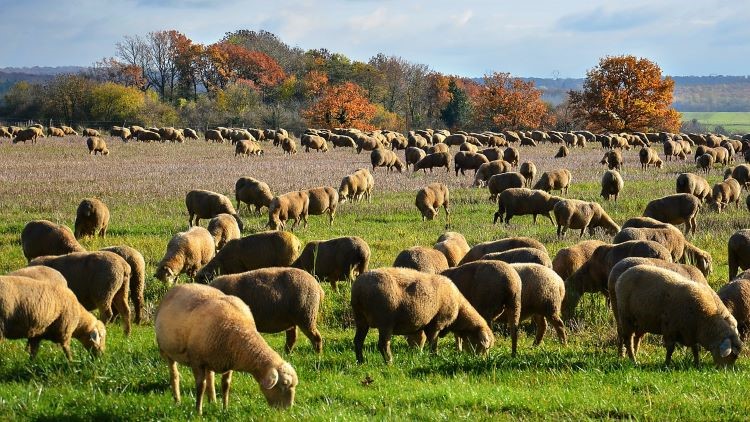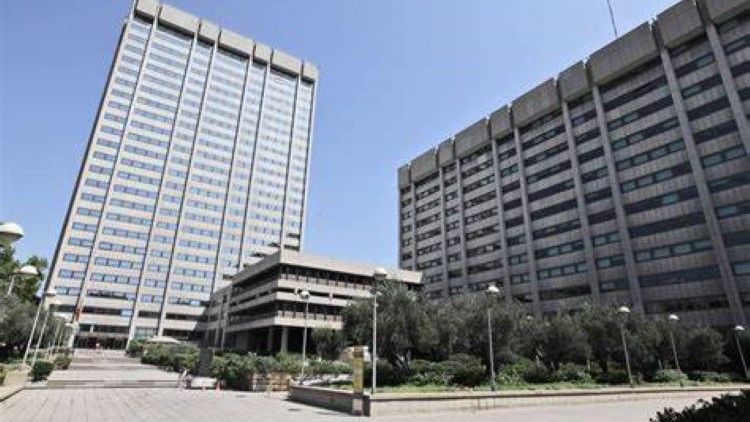The Diplomat
The United Nations Educational, Scientific and Cultural Organization (UNESCO) has inscribed seasonal transhumance in Spain and nine other countries on the list of Intangible Cultural Heritage of Humanity.
The inscription took place during the 18th session of the Intergovernmental Committee for the Safeguarding of the Intangible Cultural Heritage, which was held in Botswana between December 4 and 9 and in which the 24 member states approved the inclusion of 55 new cultural practices around the world.
Of these, 45 are on the Representative List of the Intangible Cultural Heritage of Humanity, six on the List of Intangible Heritage in Need of Urgent Safeguarding and four on the Register of Good Safeguarding Practices. With these new inscriptions, there are now 730 cultural practices spread across 145 countries that are part of UNESCO’s living heritage.
“UNESCO has inscribed the seasonal transhumance in Spain as Intangible Cultural Heritage of Humanity,” the Ministry of Foreign Affairs highlighted yesterday in its official account on the social network X. “Transhumance activity has generated a rich cultural and ethnographic heritage throughout the country,” it added.
Specifically, UNESCO has listed seasonal livestock grazing in Albania, Andorra, Austria, Croatia, France, Greece, Italy, Luxembourg, Romania and Spain. “Transhumance refers to the seasonal movement of people with their livestock between geographical or climatic regions,” the Committee stressed. “Each year, in spring and autumn, men and women herders organise the movement of thousands of animals along traditional pastoral paths,” it continued. “An ancestral practice, transhumance stems from a deep knowledge about the environment and entails social practices and rituals related to the care, breeding and training of animals and the management of natural resources.,” it added.
Another aspect highlighted by UNESCO is the development, around transhumance, of “an entire socio-economic system, from gastronomy to local handicrafts and festivities marking the beginning and end of a season.” Transhumance, it said, contributes “to social inclusion, strengthening cultural identity and ties between families, communities and territories while counteracting the effects of rural depopulation.” In 2017, the Spanish government declared transhumance as Intangible Cultural Heritage.
Separately, the Committee also included in the list the knowledge, crafts and skills of handmade glass production in the Czech Republic, Finland, France, Germany, Hungary and Spain, a “centuries-old practice has also shaped specific terminologies, festive cultures and religious functions that retain important cultural and social meanings to this day.”







